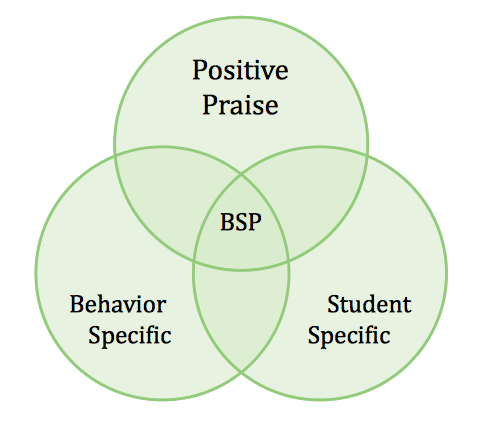Contributed by Jennifer Bateman, Ph.D., Boys & Girls Clubs of America, National Vice President, Health, Wellness & Gender
Praise is a powerful motivator for youth and one of the most efficient tools staff can use to shape desired behavior in out-of-school programs. When used effectively, praise can increase the social and academic performance of youth and can also improve the program’s climate.
With all of the daily hubbub in your afterschool program – games and activities, homework time, snack time, transitions, and more – it can be easy to notice and attend to what is going awry. However, noticing and explicitly giving attention to appropriate behaviors will help youth become aware of what they are doing well and increase the likelihood that they will continue to demonstrate those same behaviors in the future.
We all like to hear words like “nice job,” “fantastic,” and “awesome” and most of us use them often in our daily interactions with youth. However, we often use verbal praise and recognition that is it too broad and too generic, and therefore not as effective as it could be. General expressions like “good job” and “nice work” don’t let individuals know which behavior is being praised and therefore, youth are not as apt to repeat the behaviors.
In order effectively use praise as a behavior management strategy and help your youth know exactly what behavior is being rewarded, give your efforts the BSP makeover. 
- Recognize and describe the desired BEHAVIOR. For example say, “Jaime, I like that you are sharing your materials with Mohammed”.
- Make the praise SPECIFIC to the youth. For example, rather than saying “great job” say, “Christian, great job sitting and listening while I was explaining the instructions”.
- Make sure the praise statement is POSITIVE. For example, rather than saying, “Laura, you didn’t misbehave like you did last time” say, “Laura, awesome work, I saw how patient you were as you tried that new game”.
Be sure to focus your praise on effort and accomplishments, rather than ability. A good maxim to remember is: Praise the behavior, not the child. It might seem that praising youth’s intelligence or talent would boost their self-esteem and motivate them. However, this sort of praise can backfire. When we focus our praise on ability, youth become more cautious and are less likely to take on challenges. Kids can become focused on not wanting to fail and lose your positive appraisal. So, focus your praise on the traits and behaviors that they have the most power to change.
Verbal praise is a great way to show youth that you are pleased with their performance. Behavior-specific praise makes clear exactly which behavior pleases you. When you offer behavior-specific praise, you are giving youth positive attention and helping them learn how to replicate this behavior in similar settings and circumstances.
 Jennifer leads the health and wellness agenda for Boys & Girls Clubs of America, driving efforts to foster holistic well-being in youth including physical activity, nutrition access and education, gender empowerment, mental and emotional well-being, and access to preventive care. Jennifer has 17 years of youth development experience. She earned her M.Ed. in Child Development & Psychology from Harvard University and her Ph.D. in Developmental Psychology from University of Pennsylvania.
Jennifer leads the health and wellness agenda for Boys & Girls Clubs of America, driving efforts to foster holistic well-being in youth including physical activity, nutrition access and education, gender empowerment, mental and emotional well-being, and access to preventive care. Jennifer has 17 years of youth development experience. She earned her M.Ed. in Child Development & Psychology from Harvard University and her Ph.D. in Developmental Psychology from University of Pennsylvania.
